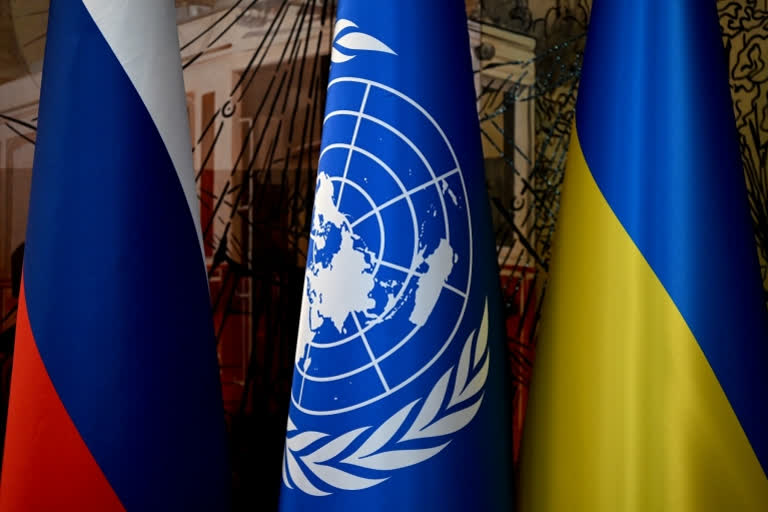

Furthermore, Turkey's gas drilling explorations in the East Mediterranean put Ankara recently at odds with two other NATO members-France and Greece-and led to a state of regional cold war in the region with Turkish warships escorting the drilling stations against any military intimidation by fellow NATO countries. This later evolved into a transfer of the Russian S-400 missile defense system into Turkish Armed Forces, who by the virtue of their NATO membership can only use NATO-approved weapons systems. By 2016, Turkey's policies in war-torn Syria had to be recalibrated in coordination with the Russian troops on the ground.

Why have these tensions with NATO arisen and what are the implications of them? Ankara's divergence from NATO started soon after Trump's announcement that the US was no longer willing to leverage NATO to further American interests in the Middle East and against Russia. Turkey is a critical member of NATO, and its relations with NATO allies have become strained over the years. However, especially in the latter half of the Obama administration and later during the Trump years, Ankara decided to go it alone and build on its own military technology and strategic preferences without consulting the US. Turkey's support of US initiatives in Libya and Syria attests to that alliance. Before 2010-during the first Erdoğan era of 2001-2012-Turkey positioned itself as a traditional strategic ally of the US in the Middle East and North Africa (MENA) region. What was Turkey’s foreign policy like before Erdoğan, and what is his reasoning for involving Turkey in several theaters of conflict? The Erdoğan government had followed a more independent orientation to its foreign policy making and implementation after the US gradually and strategically removed its presence in the Near East and Eastern Mediterranean, starting with the Arab Spring. Under President and former prime minister Recep Tayyip Erdoğan, Turkey’s foreign policy has changed drastically, and the country is now involved in numerous conflicts globally. We spoke with SIS professor Doga Eralp to learn more about the current state of affairs in Turkey as well as what the US-Turkey relationship might look like during a Biden administration. Also, although Turkey has no official religion per a constitutional amendment in 1928, it has undergone changes that undermine its status as a secular country. Over the past few years, Turkey, under the continued leadership of Recep Tayyip Erdoğan, has undergone drastic shifts when it comes to its foreign policy as it has made global headlines with its involvement in conflicts around the Middle East and Eurasia.


 0 kommentar(er)
0 kommentar(er)
